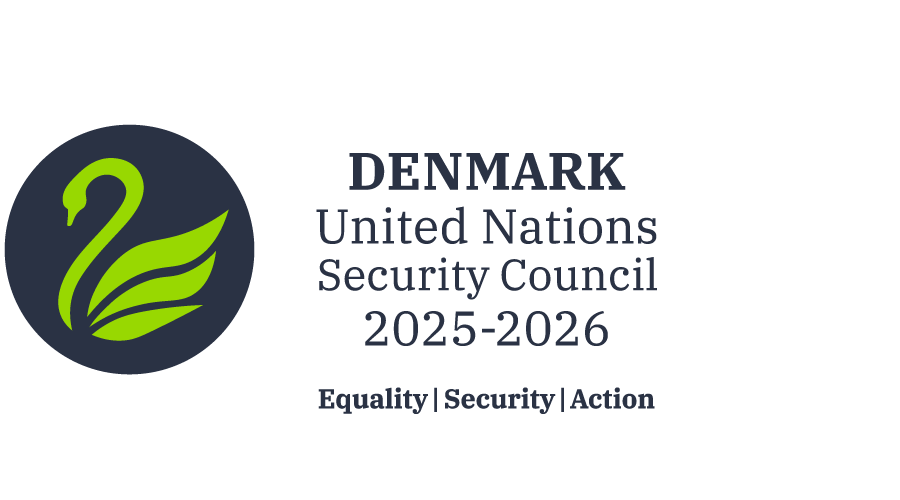Nordic Statement at the UNSC Arria Meeting on transnational activities of Terrorist Groups
I have the
pleasure of addressing the Security Council today on behalf of the five Nordic
countries: Finland, Iceland, Norway, Sweden and my own country, Denmark.
We would
like to thank Kenya and the United Arab Emirates for convening this meeting on
the important topic of threats to international peace and security caused by
the transnational activities of terrorist groups.
The
evolving threat to our societies posed by terrorism and violent extremism
remains a very real one. Especially in conflict-affected settings, but also
within largely peaceful countries, because of terrorist groups like Al-Qaida
and ISIL spreading extremist ideologies and exploiting grievances across
borders.
As also
pointed out by the Secretary General, the terrorist threat is increasing in
Africa in particular. Sub-Saharan Africa accounted for 48 per cent of deaths
attributed to terrorist groups globally last year. Here, Al-Qaida, ISIL and
similar groups continue to take advantage of power vacuums, inter-communal tensions
and state fragilities, such as lack of essential services.
The Nordic
countries remain deeply concerned about the threat from terrorist groups across
Africa and beyond. While addressing the rising challenge in Africa, it is
imperative that we do not lose sight of the threat of terrorism in Syria and
Iraq where ISIL continues to pose a threat, as well as in Afghanistan, which
must be prevented from once again becoming a safe haven for international
terrorism.
We need to
monitor all of these dynamics closely and uphold momentum in international
cooperation and regional efforts to address this threat in a way that promotes
and protects human rights, is gender-responsive, and upholds the rule of law as
the foundation of our efforts.
Terrorism
and violent extremism pose significant challenges and threats to humanitarian
organisations. We are also conscious that some counter terrorism measures have
unintended consequences that can make it difficult for humanitarian organisations
to reach people in need, and to operate in line with the humanitarian
principles. This must be addressed, including by effective humanitarian
exemptions.
Terrorism
and violent extremism do not respect national borders.
Yet, while
these threats to international peace and security remain transnational, the
most effective and sustainable solutions to address holistically the root
causes of terrorism and violent extremism are often found locally. In addition
to maintaining strong international, regional and bilateral cooperation, we
should therefore always seek to engage local partners and civil society, such
as community and religious leaders, schoolteachers and youth representatives.
We must
similarly emphasize the need for sustained multi-stakeholder efforts in our
response to the misuse of new or emerging technologies across borders for
terrorist purposes, such as Unmanned Aircraft Systems.
Building
and strengthening public-private partnerships should be front and centre in
addressing the threat that the misuse of technologies may represent against
vulnerable targets and critical infrastructure.
The Nordic
countries remain fully committed to engaging constructively with all partners
as we continue our joint efforts – in compliance with international law –
to rid the world of the transnational threat and scourge of terrorism and
violent extremism.
